If you’re experiencing heart attack symptoms, aspirin is the BEST form of first aid. But all aspirins are not alike nor are all methods of taking aspirin alike. Join alongside KRON 4 Morning News anchor, Marty Gonzalez, in taking this lifesaving quiz!
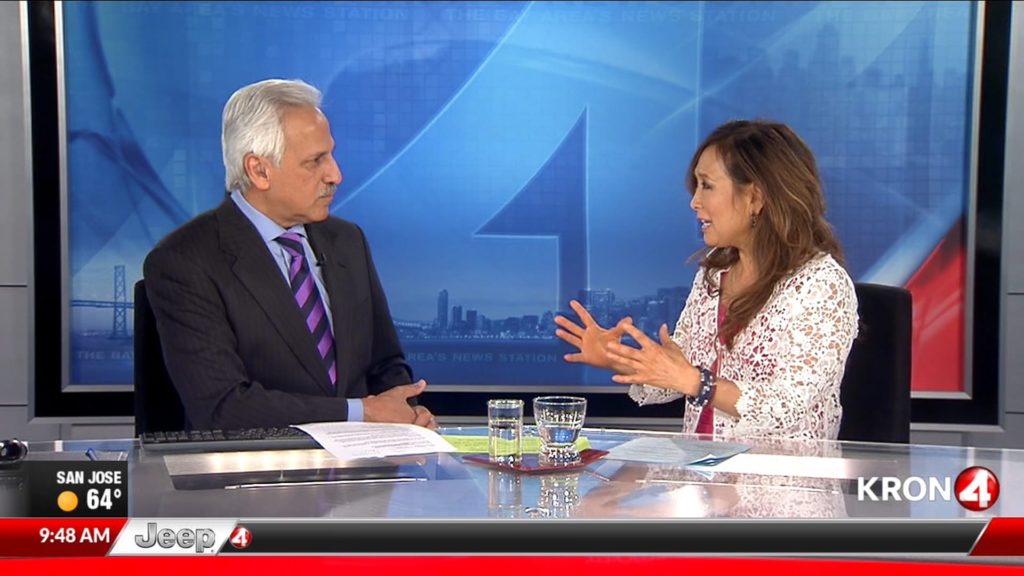
Why Aspirin
Aspirin can stop an impending heart attack. A heart attack, or myocardial infarction (MI), is permanent damage to the heart muscle. Most heart attacks develop when a cholesterol-laden plaque in a coronary artery ruptures. Plaque deposits are hard on the outside and when this outer shell ruptures (cracks), platelets rush to the area in an effort to ‘patch’ the ruptured area.
Platelets (or “thrombocytes”) are disc-shaped components in the blood that aid in clotting. Aspirin, an anti-platelet, helps inhibit platelet activity. As a clot grows, it blocks an artery. When the artery is completely blocked, cardiac tissue dies from the lack of blood supply and you have a heart attack.
NOTE: Ibuprofen is an anti-inflammatory, and acetaminophen is an analgesic. They are NOT anti-platelet drugs.
A Clot Grows Minute by Minute!
Aspirin can help stop the platelets from forming a larger clot if you take the aspirin BEFORE the clot gets too big. Time is of the essence, so it’s critical to know how the aspirin works the fastest.
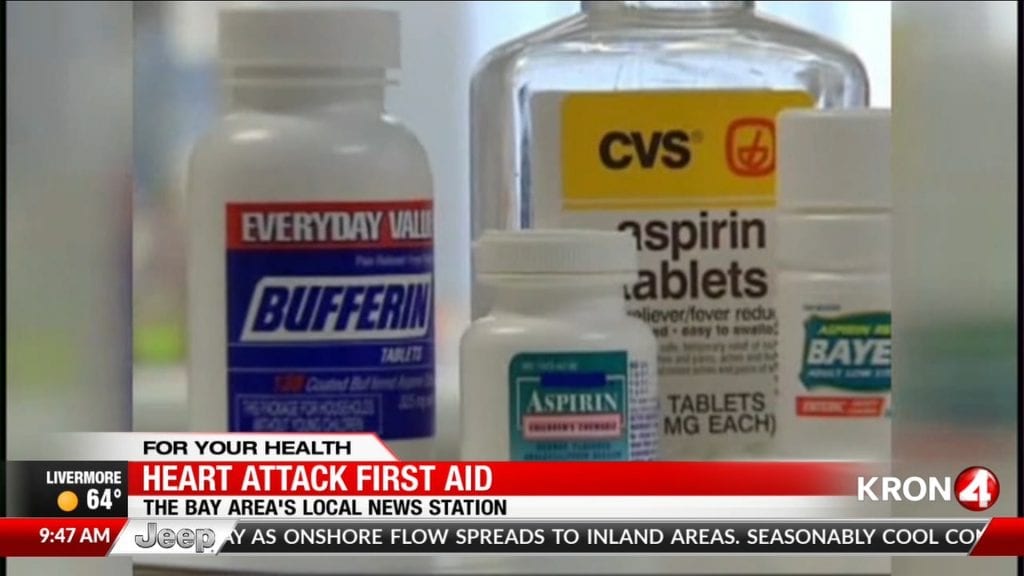
QUIZ — Question #1
What is the best DOSE of aspirin to take during a possible heart attack?
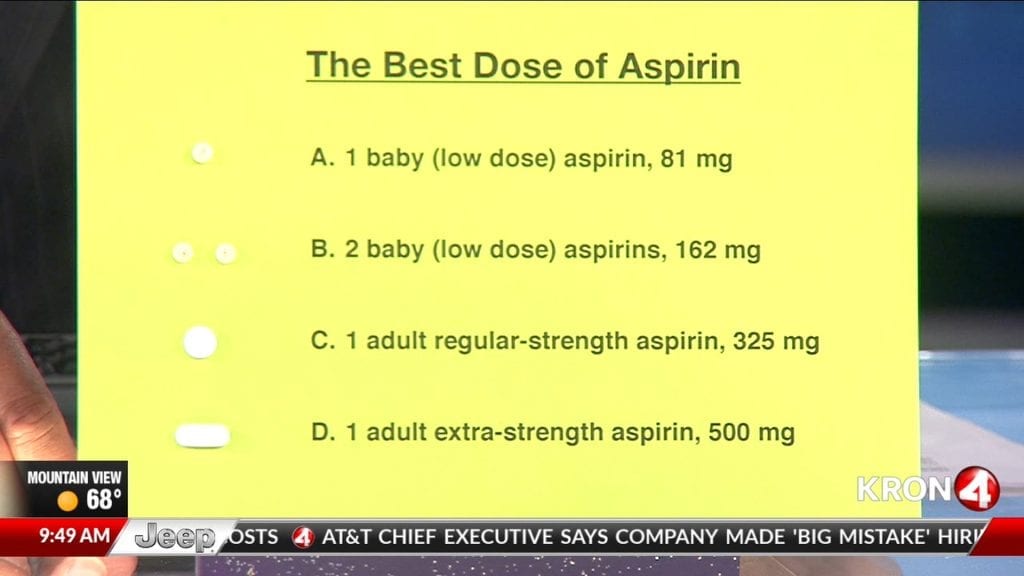
Correct answer: C – 325 mg or 1 adult regular aspirin. If you only have baby aspirin on hand, take 4 baby aspirin tablets.
QUIZ — Question #2
What is best METHOD to make aspirin work the fastest? That is, during a suspected heart attack, which of the following is the fastest way to stop the clotting effect?
A. Swallow the aspirin with 4 oz. of water.
B. Chew the aspirin for 30 seconds, then swallow it with 4 oz. of water.
C. Swallow the aspirin with 4 oz. of Alka Seltzer.
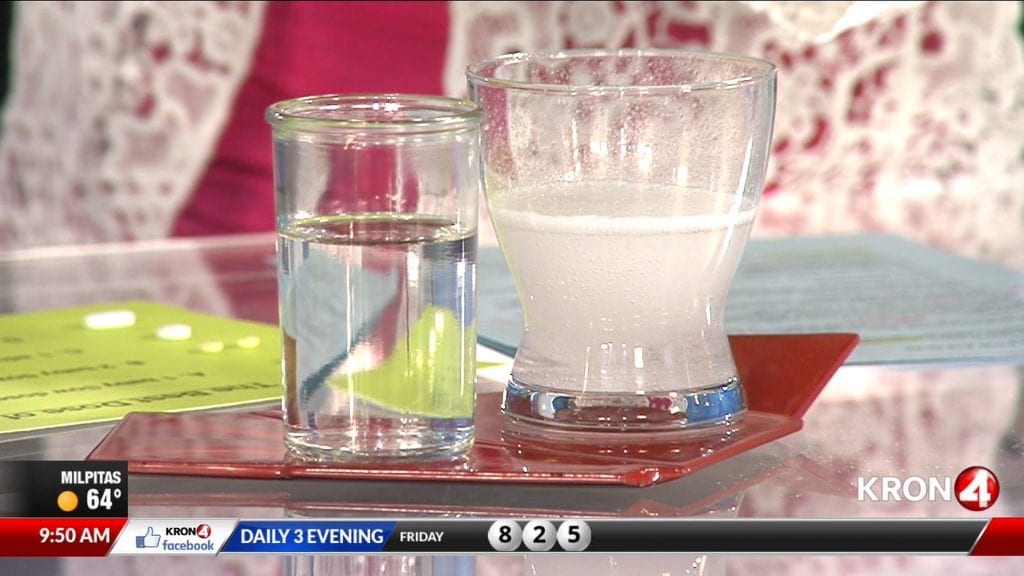
Correct answer: B – It takes 5 minutes to reduce thromboxane B2 (TxB2)* concentrations by 50% and 14 minutes to reduce it by 100%. Clotting is affected extremely quickly when you chew the aspirin for 30 seconds before swallowing it.
*TxB2 is an indicator of platelet activation. Since aspirin slows clotting, TxB2 levels will go down. A Texas study revealed which method of aspirin ingestion was best at speeding up aspirin absorption and thus, slowing down clot formation.
The scientists studied aspirin absorption rates and antiplatelet activity on 12 volunteers who took aspirin via these different methods. They frequently monitored blood samples and measured the concentrations of salicylate (aspirin’s active ingredient) and thromboxane B2.
50% Reduction in TxB2 | 100% Reduction in TxB2 | |
| A. Swallow the aspirin with 4 oz. of water | 12 min. | 26 min. |
| B. Chew the aspirin for 30 seconds, then swallow it with 4 oz. water | 5 min. | 14 min. |
| C. Swallow the aspirin with 4 oz. of Alka Seltzer | 8 min. | 16 min. |
QUIZ — Question #3
What is the best TYPE of aspirin to take during a possible heart attack?
A. Safety-coated (enteric)** aspirin
B. Non-safety coated (regular) aspirin
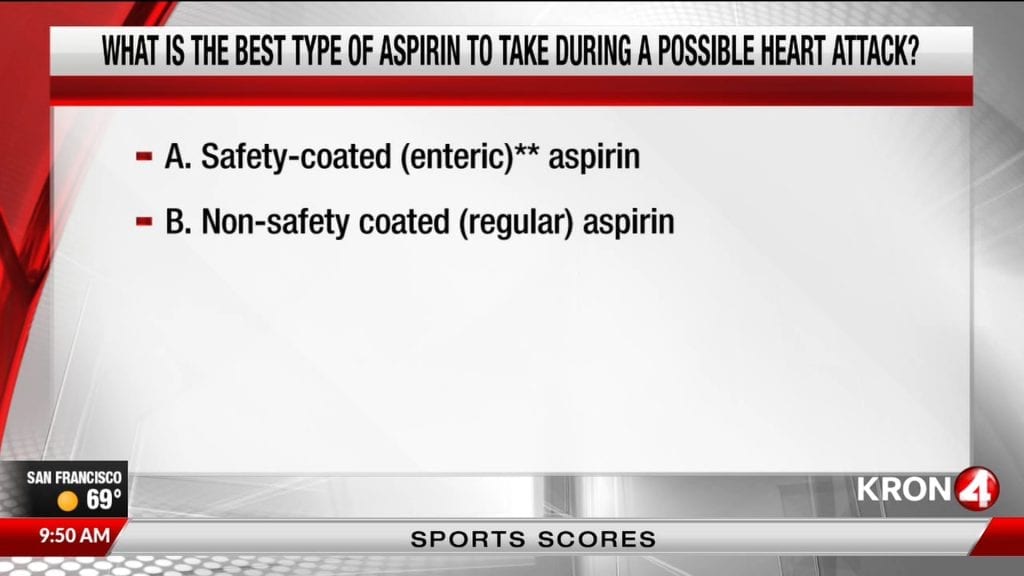
Correct answer: B – Take REGULAR aspirin for heart attack first aid. An enteric-coated aspirin will take longer to absorb even if it’s chewed.
**Aspirin may be coated, so it doesn’t dissolve in your stomach. With the special acid-resistant coating, the aspirin will dissolve and be absorbed in your small intestine instead of your stomach, thus preventing stomach upset and aggravating stomach ulcers.
NOTE: Most adults on an aspirin regimen take safety-coated aspirin, so remember to buy non-safety coated aspirin for heart attack first aid purposes.
First Aid Steps for Heart Attack Symptoms
- Call 911 ASAP! Speak with an operator/EMT BEFORE taking aspirin in case you have an allergy to aspirin or a condition that makes it too risky to use aspirin. Also, it may be dangerous to take aspirin if you are suffering from a stroke or other condition and not a heart attack. NOTE: The FDA advises that you consult with your doctor beforehand to determine the best course of action in the event you have a heart attack. Your doctor may advise against using aspirin, if for example, you’re at risk for bleeding.
- Take aspirin.
- Take your nitroglycerin as prescribed if you have any.
- Unlock the front door, if possible.
- Lie down, raise your legs.
![]() Fit Tip: Be prepared. Keep a bottle of non-enteric coated adult regular-strength aspirin by your bedside, in the kitchen, family room, AND in any other room that you spend a good deal of your time.
Fit Tip: Be prepared. Keep a bottle of non-enteric coated adult regular-strength aspirin by your bedside, in the kitchen, family room, AND in any other room that you spend a good deal of your time.


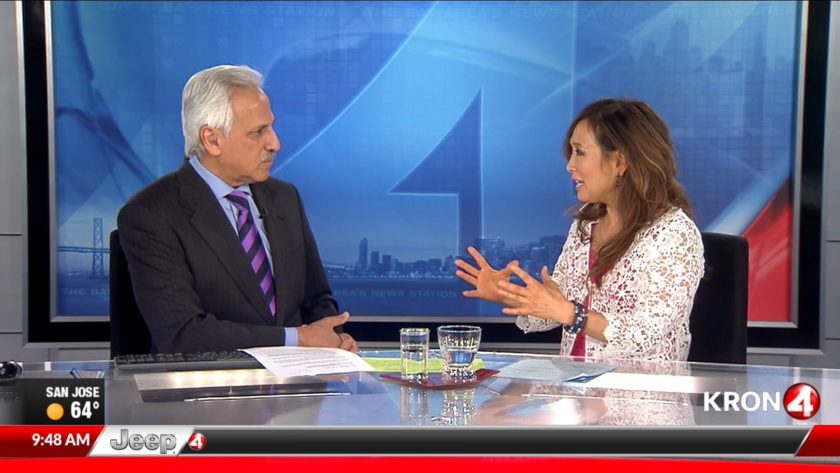

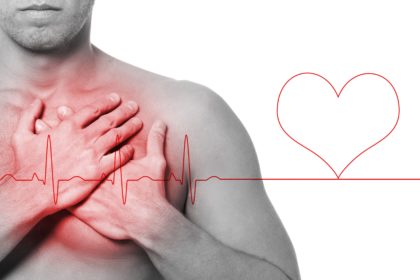


***food for thought***
How did you do on the quiz?
My dad was able to call 911, and while it took less than 10 minutes to arrive, they were unable to save him.
Yes, its fresh in my mind… the funeral was Friday.
Kenneth, I am so very sorry to hear about your father. I hope you have many wonderful memories of him. It is so difficult to lose a parent and to have lost him so suddenly. Please take care, Karen
for the record… I guessed at the dosage (got the answer correct) and got the next two questions right (as well). It make better sense to chew then swallow and use the non-coated ones.
Due to your family history, Kenneth, please be prepared with your aspirin as a heart attack first aid treatment.